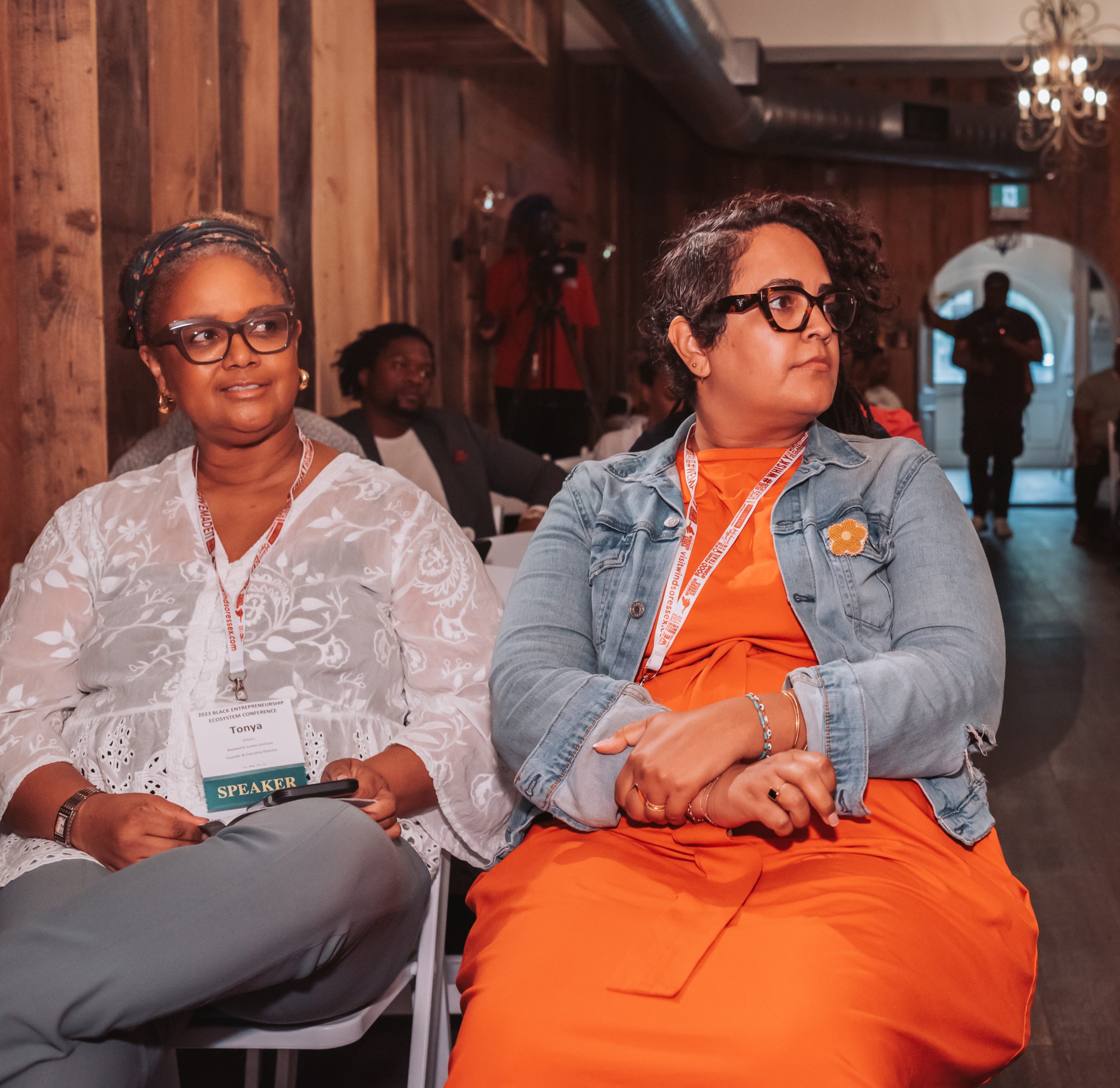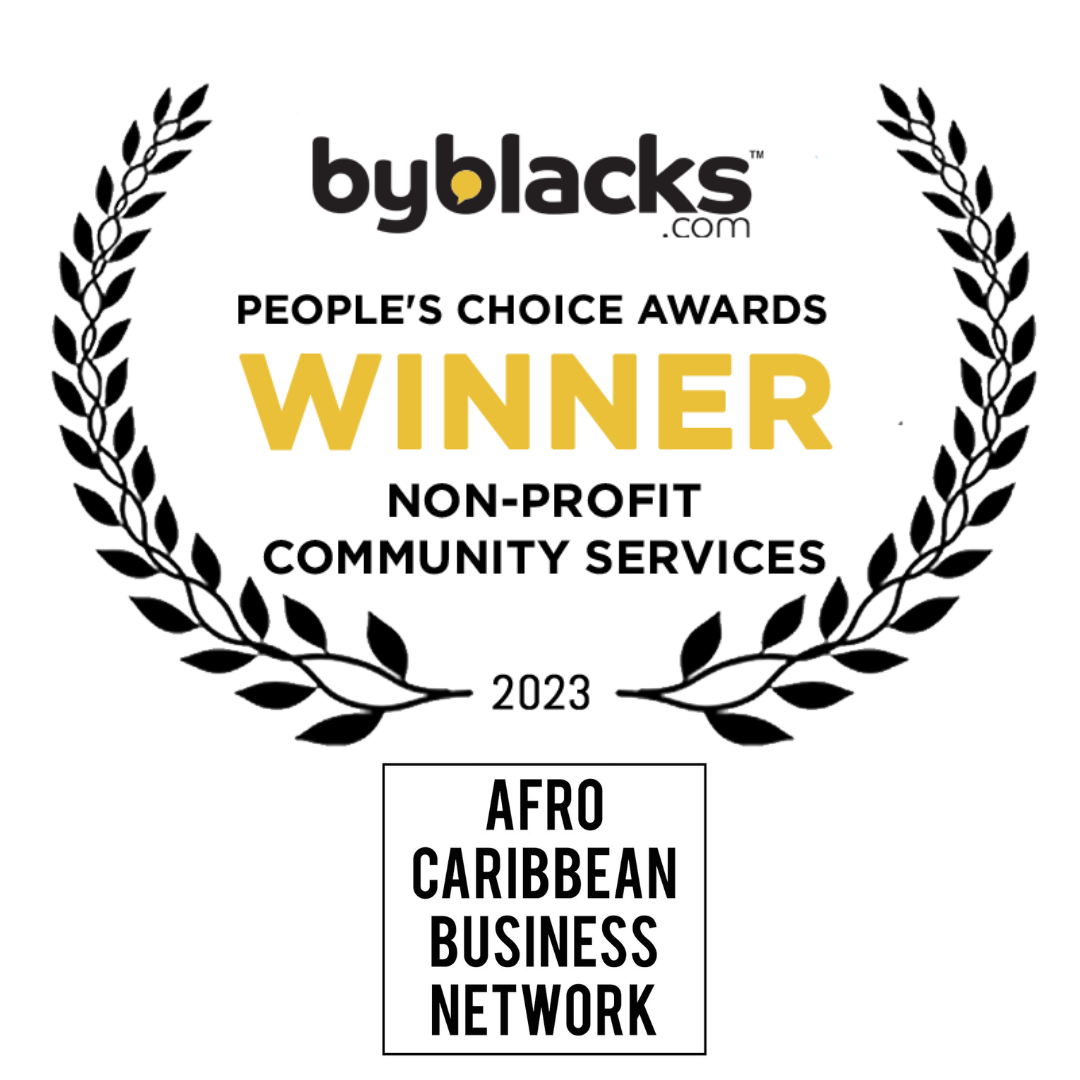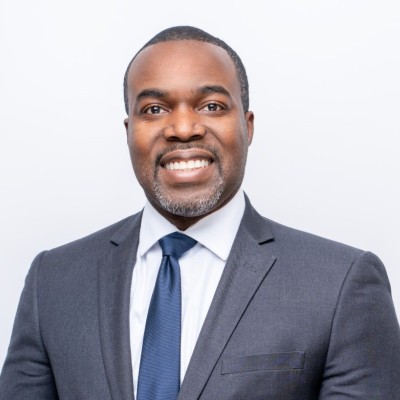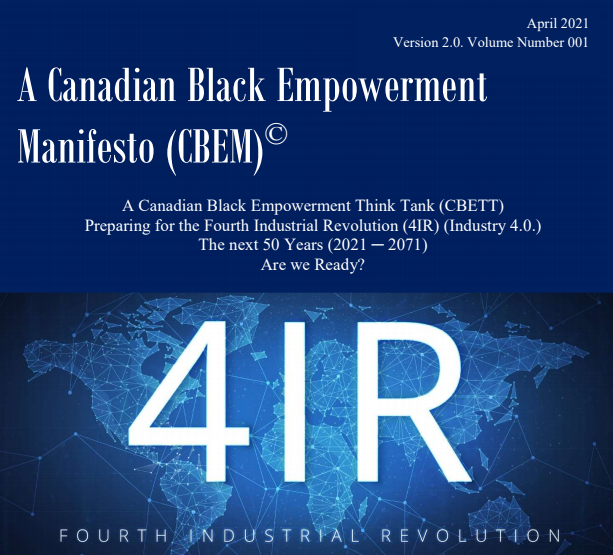[et_pb_section fb_built=”1″ theme_builder_area=”post_content” _builder_version=”4.27.2″ _module_preset=”default” da_is_popup=”off” da_exit_intent=”off” da_has_close=”on” da_alt_close=”off” da_dark_close=”off” da_not_modal=”on” da_is_singular=”off” da_with_loader=”off” da_has_shadow=”on” da_disable_devices=”off|off|off”][et_pb_row _builder_version=”4.27.2″ _module_preset=”default” theme_builder_area=”post_content”][et_pb_column _builder_version=”4.27.2″ _module_preset=”default” type=”4_4″ theme_builder_area=”post_content”][et_pb_text _builder_version=”4.27.2″ _module_preset=”default” theme_builder_area=”post_content” hover_enabled=”0″ sticky_enabled=”0″]
As Canada’s Black Entrepreneurship Program (BEP) nears the end of its three-year run, the impact it has had on Black-led organizations and communities is undeniable. Established to address long-standing systemic barriers faced by Black entrepreneurs, the program distributed critical funding to help Black businesses grow and develop sustainable enterprises. However, with its December funding expiration on the horizon, many wonder what comes next for this vital initiative.
Since its inception, the BEP has aimed to not only provide financial resources but also to strengthen the Black entrepreneurial ecosystem through mentorship, training, and networking opportunities. In the face of economic barriers to capital and business networks, programs like BEP have offered a much-needed lifeline to Black entrepreneurs across Canada.
Tanya Williams, Executive Director of Reel World Screen Institute, reflects on the transformational effect BEP funding has had on her organization. “We received $1.4 million, which helped us build capacity, attract additional sponsors, and provide Black casting directors, agents, and managers with the entrepreneurial training they need to succeed. We’ve now produced three cohorts of Black professionals who are better positioned to navigate the Canadian screen industry,” she shared.
Programs like Tanya’s highlight an important sociological aspect of the BEP: its ability to offer opportunities in industries where Black professionals have historically been underrepresented. The Canadian screen industry, like many others, has long struggled with a lack of diversity both in front of and behind the camera. Through the BEP, organizations like Reel World are working to undo these barriers and ensure Black professionals can thrive across all areas of the industry, not just in stereotypically limited roles.
Historically, Black entrepreneurship in Canada has faced numerous challenges. Black Canadians have been systematically denied the same access to capital and opportunities as their counterparts. These barriers are deeply rooted, as Dr. Malinda Smith, Vice-Provost of Equity, Diversity, and Inclusion at the University of Calgary, has noted: “The lack of generational wealth in Black communities stems from a long history of discriminatory practices, from redlining in housing to a lack of access to education and professional networks. Entrepreneurship is one way that Black communities can attempt to overcome these obstacles, but it is a path filled with challenges.
Sharon Alexander, who leads Liftoff Wellington, echoed similar sentiments, underscoring the structural inequalities Black entrepreneurs face: “Without the BEP, many Black entrepreneurs in our region (Waterloo-Wellington) would have had no access to the coaching, mentorship, and funding necessary to get their businesses off the ground. We’ve been able to help over 130 founders develop sustainable business models, but we’re still fighting against a system that wasn’t designed for us to succeed.”
Liftoff Wellington’s cohort-based entrepreneurial training has been one of the most in-demand programs in the Waterloo-Wellington region, an area where the Black population has rapidly expanded in recent years. Sharon shared the story of one participant who applied for the program three times before being accepted. “She loved to cook but had no idea how to turn her passion into a business. Through the program, she created a product that’s now sold in Costco and serves as a supplier to local hospitals and schools. Programs like ours are crucial in helping people like her understand that their dreams are achievable and that they have a place in the market.”
The BEP’s success stories go beyond just individual businesses. The ripple effect of these programs can be felt across communities, where entrepreneurs become role models and catalysts for economic growth.
The Canadian Centre for Policy Alternatives (CCPA) has published numerous reports examining systemic inequalities, including how they affect Black Canadians and racialized communities. For example, a 2020 study by the CCPA highlights that systemic barriers such as limited access to capital and higher unemployment rates have significantly impacted Black Canadians’ ability to accumulate wealth and create successful businesses. The report also discusses how racialized and Indigenous workers, including Black entrepreneurs, faced heightened economic vulnerability during the COVID-19 pandemic, exacerbating existing inequalities in the labour market.
This research underscores the need for policies that provide better access to resources and financial capital, emphasizing that Black entrepreneurs often lack the family wealth and networks that are available to many non-racialized business owners. This economic disparity, as the CCPA notes, hinders Black business owners from scaling their ventures and achieving long-term sustainability.
Abiola Apolabi, Executive Director of the Nigerian Canadians for Cultural Education and Economic Progress (NCCEP), highlighted how her organization’s project, Sokoni, provided Black entrepreneurs with access to physical markets in Windsor, London, Kitchener, and Hamilton. “Our project exceeded our deliverables, creating new opportunities for entrepreneurs to participate in local marketplaces. We also offered workshops on grant writing, contracts, and trademark law to help them navigate the often complex legal and financial aspects of running a business,” she explained. Abiola noted that while the marketplace initiative opened doors, it also illuminated a critical challenge: “A lot of our participants, especially new immigrants, are juggling multiple jobs and responsibilities. The stress of that can be overwhelming, and it often affects their ability to fully commit to growing their businesses.”
The struggles faced by these entrepreneurs point to deeper societal challenges. In Canada, like in many Western nations, Black communities face disproportionate levels of poverty and unemployment, exacerbating the difficulties in starting and sustaining a business. Even successful participants in the BEP found themselves battling mental health constraints. As Ms. Apolabi candidly noted, “We had to have workshops on stress management and mental health because the weight of navigating these systems while dealing with racism and financial instability is enormous. Without addressing these social factors, entrepreneurship can feel like an impossible feat.”
For some, however, the BEP’s focus on collaboration and partnerships has been a beacon of hope. Claudius Thompson, an AI evangelist based in Ottawa, emphasized the importance of cooperation within the ecosystem. “The truth is, our Black communities have a collective trauma. However, the BEP has shown that we can work together to achieve something greater. I’ve seen organizations like Sokoni,and Reel World share resources and ideas to support each other. This is what we need to keep building on.”
As the BEP nears the end of its initial funding cycle, questions about its future loom large. Many of the funded organizations, including Liftoff Wellington and Sokoni, are actively seeking new funding sources from private sector partners like TD Bank and Scotiabank. Others, like Tanya Williams’ Reel World Screen Institute, are applying their successful model to other marginalized communities, including the Indigenous community.
Still, the need for continued government support remains critical. As Claudius pointed out, “Without renewed government funding, many of these initiatives will lose momentum, and the impact we’ve seen over the past three years will diminish. It’s vital that the government not only recognizes the successes of the BEP but commits to long-term support for Black entrepreneurs.”
The upcoming Federal Black Entrepreneurship Ecosystem Conference, taking place in October, will be a pivotal moment for stakeholders to make the case for continued investment. The stories of success, collaboration, and resilience that have emerged from the BEP-funded organizations will be shared with government representatives, community leaders, and the broader public, underscoring the need for sustained efforts to break down the systemic barriers that have held Black entrepreneurs back for generations.
As the BEP ecosystem prepares for this critical juncture, the message to the government is clear: the Black community has made significant strides, but there is still much work to be done. The funds have gone far, but with ongoing support, they can go even further, helping to build a more equitable, inclusive, and prosperous future for all.
By: PepperBrooks
—
Sources
1. Canadian Centre for Policy Alternatives. “A Disproportionate Burden: COVID-19 Labour Market Impacts on Indigenous and Racialized Workers in Canada.” December 7, 2021. Available at: https://policyalternatives.ca/publications/reports/disproportionate-burden
2. Lynch, Colin. “Canada’s Economy Can’t Afford to Leave the Black Community Behind.” First Policy Response. February 25, 2021. Available at: https://policyresponse.ca/canadas-economy-cant-afford-to-leave-the-black-community-behind/
3. Canadian Centre for Policy Alternatives. “Creating the Future We All Deserve: A Social Policy Framework for Nova Scotia.” March 11, 2020. Available at: https://policyalternatives.ca/publications/reports/creating-future-we-all-deserve
[/et_pb_text][/et_pb_column][/et_pb_row][/et_pb_section]












